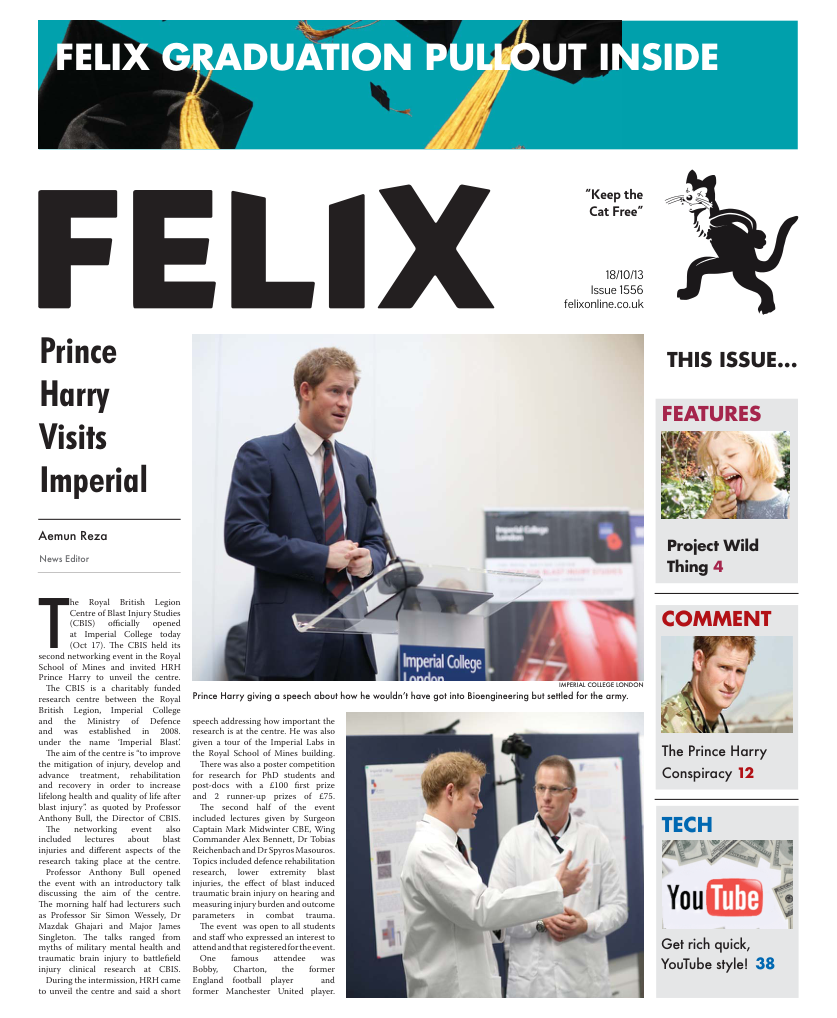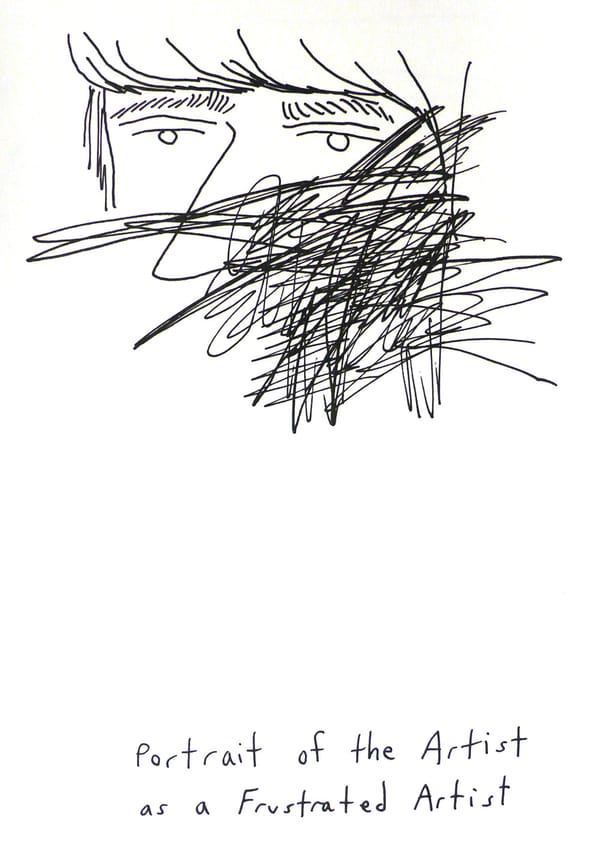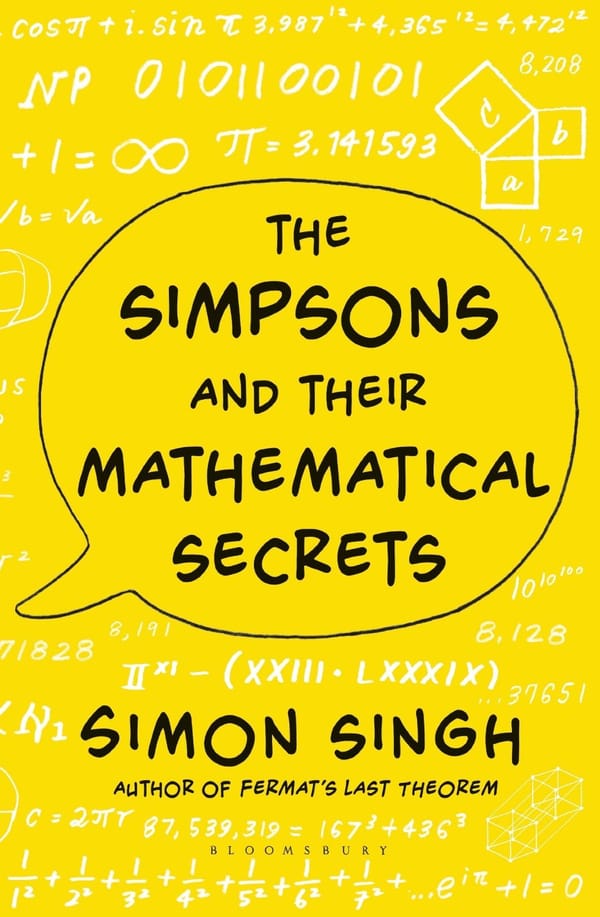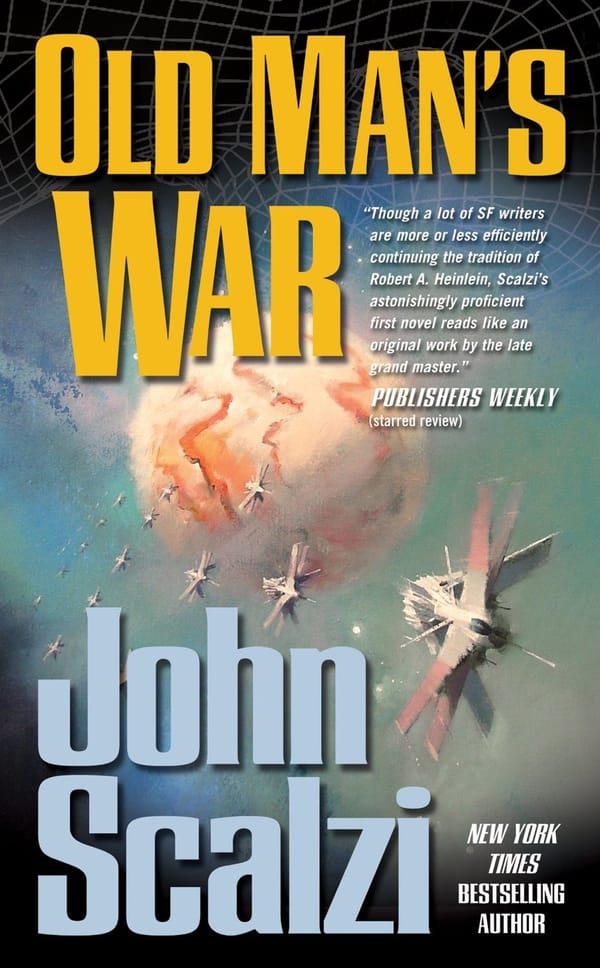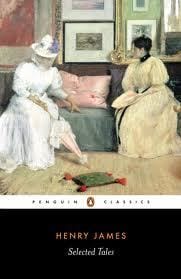An interview with Simon Singh
Calum Grant interviews science writer Simon Singh.

Calum Grant: Having written about the history of mathematics, code breaking, the Big Bang and Alternative medicine, was this book on maths Easter eggs in the Simpsons the easiest book you’ve written?
Simon Singh: I think so. You see there’s no real theme, no rhyme or reason to what I do. Both of the maths books I’ve written I would like to revisit and have another run at some of the chapters. For students at Imperial they may be fine, but my audience is the general reader. This book was pretty easy, but the big challenge was working out the make-up of this one. The first draft had six big chapters covering topics like Lisa and her more rational approach in the show, and another chapter on the role of pi – which turns up now and then in various episodes. However, when I was on the plane to the USA to meet the writing staff of the show I decided to reconstruct the entire book it into eighteen shorter chapters to make it more pacey and digestible. I had to make sure it had the write balance of the writers stories, the history of the maths involved and why maths minded writers may be funny.
CG: As someone with a PhD in particle physics, and having written several popular science and maths best-sellers how much did you yourself learn about maths purely through researching all the Simpsons Maths Easter eggs?
SS: I had never really thought deeply about what fractals were before. When explaining how, in an episode of Futurama, Leela and Prof. Farnsworth go from being in three dimensions to two dimensions after a scientific mishap. This meant they went through a fractal landscape on the way, and so it took me some time to fully understand it so I could explain it in the book.
CG: Were there any maths references you were taken back by, at the sheer incredibility of them being smuggled in?
SS: I just find all of them astonishing - because there’s no reason any of them should be there!
CG: Did you make any suggestions for Maths jokes or ideas they could explore in any future episodes?
SS: No. I did ask if they have a mountain of ideas they are trying to get in, but most of these ideas just come from nowhere during the writing process. Jeff Westbrook said he had wanted to get undecidability into an episode of The Simpsons, but hadn’t worked out how to.
CG: You talk in the book about the writers and producers having regrets about walking away from a life in academia and research, and most people would be flabbergasted that given the careers they would feel this was about not following up on science. Did you find that surprising?
SS: No, I didn’t actually. I left Physics and went to join the BBC where I’d be visiting great laboratories, meeting Stephen Hawking, going to volcanoes with geologists and just seeing so many scientists doing real science, something I’d always wanted to do. And I still think there can’t be anything more wonderful than making a new discovery, of coming up with a breakthrough of making a new invention. But for me I clearly did the right thing; if I had stayed in science I wouldn’t have been a very good scientist. My skill set is pretty perfectly matched for what I’ve ended up doing, and I think it’s the same for them. What else could they have done but be the greatest comedy writing team in the world? But I can see why there is a little bit of them that is sad they that never got to solve any great theorems.
CG: Did you ever set out to become a science writer?
SS: No. I took a gap year before my undergraduate degree and went and worked in industry. That year at the research centre I worked on semi-conductors and integrated circuits. Then when I was at Imperial I did a summer placement in Delaware at an electrical engineering lab, a position I got mostly due to my gap year job. Then I got a PhD working on semi-conductor detectors at CERN, helped enormously by my previous placements. I got the job at the BBC because I had the PhD, and I wouldn’t have got into writing if I hadn’t been at the BBC. Looking back you can see a path, but there was no grand plan.
CG: Do you have any rules or your own approach to conveying sometimes heavy-going scientific ideas to the greater public?
SS: I write the books that I would want to read. I’m interested in history, stories, people and heroes; things that make me smile and laugh. I only write about things I find interesting, and I really maintain my sense of interest and wonder of things long after their novelty has passed. I assume my readers are bright and curious, but don’t assume they are in any way experts.
CG: Are there any writers who you grew up with, who got you into science and who you aspire to be?
SS: I think Richard Dawkins is the most beautiful writer, and I really admire that. If anyone asks me to read I always refuse because firstly I’m not good at reading, but mostly my prose...its just doesn’t sound very good. I admire that, but I don’t aspire to it. Reviews of my work often say ‘clearly written’, they never say ‘beautifully written’.
CG: You courted a lot of controversy going after alternative medicine. Were you intimidated or nervous to be writing and releasing that book?
SS: No. My co-writer Edzard Ernst did warn me, as he’d been a professor in that field for ten years. He got hate mail, people called him very nasty things. He wouldn’t get invited to conferences, or get his work accepted at them. It never really bothered me though because I don’t have a job. I really appreciate the fact that I can say and do what I want; I can stand up at a science communication conference and say ‘that was an appalling example of science communication, it was wasteful, pointless and society X should be ashamed of itself ‘ because I’m not someone who has to work with such a society or apply to them for grant money in the future.
CG: Did you consider writing a book about your libel case and subsequent legal reform?
SS: Yes, I thought about it. It’s a great story of grass roots activism, and a great story of how you can change the laws within a political system. In a way I wish somebody had written it, but I don’t think it’s the right book for me. For this kind of adventurous story you’d need someone who could bring out the emotion, and the personal angels involved.
CG: Why don’t Maths jokes work in base 8? Because 7 10 11.
SS: Very good.

